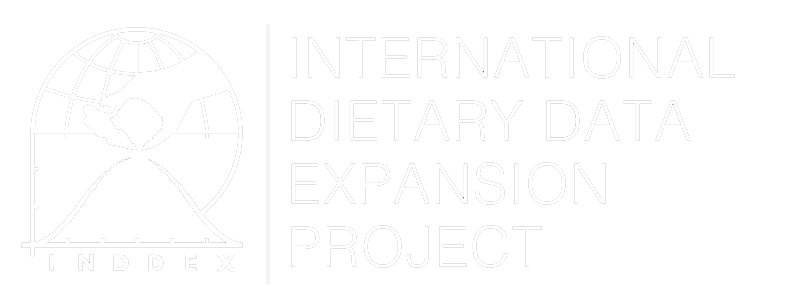Better Data Lead to Better Policy
“More than half of the countries in the world do not collect the statistics which are needed to assess whether or not they are making progress towards their nutrition goals”
Global Panel on Agriculture and Food Systems for Nutrition, 2015
With increased attention to the linkages between food systems, human health, and environmental sustainability, there is an urgent need to draw on data, analytics, and evidence that can explain key elements of this multi-sectoral nexus. However, there is a critical data gap that hinders decisive progress on all of these fronts: the lack of detailed information on what people eat.
Traditional quantitative assessment methods don’t work well for low- and middle- income countries (LMICs)
Countries have traditionally viewed quantitative individual-level dietary data as too complex or expensive to collect. The main challenges for LMICs include:
- Insufficient resources to prepare for and carry out dietary surveys
- Limited investment in quantitative, individual-level dietary data from donors
- Constraints on training and human resources available for implementing complex dietary surveys
- Lack of easily accessible food composition tables, standard recipes, and conversion factors
- Lack of standardized survey instruments
- Time lag between data collection and final results
To address these issues, the INDDEX Project has developed the INDDEX24 Dietary Assesment Platform, which is designed to overcome many of the challenges that researchers face when preparing for, and carrying out, food consumption surveys in LMICs. The primary components of the INDDEX24 Dietary Assessment Platform are 1) the Global Food Matters Database, which is a repository for national and regional dietary reference data including foods, recipes, nutrient information, and conversion factors; linked to 2) the INDDEX24 Mobile App, a quantitative, mobile, 24-hour dietary recall survey tool.
We invite you to learn more about our fully-integrated solution, the INDDEX24 Dietary Assessment Platform, and how it addresses the curreny bottlenecks related to the collection of individual-level dietary data by viewing the following event recording from our session on dietary assesment challenges and solutions:
